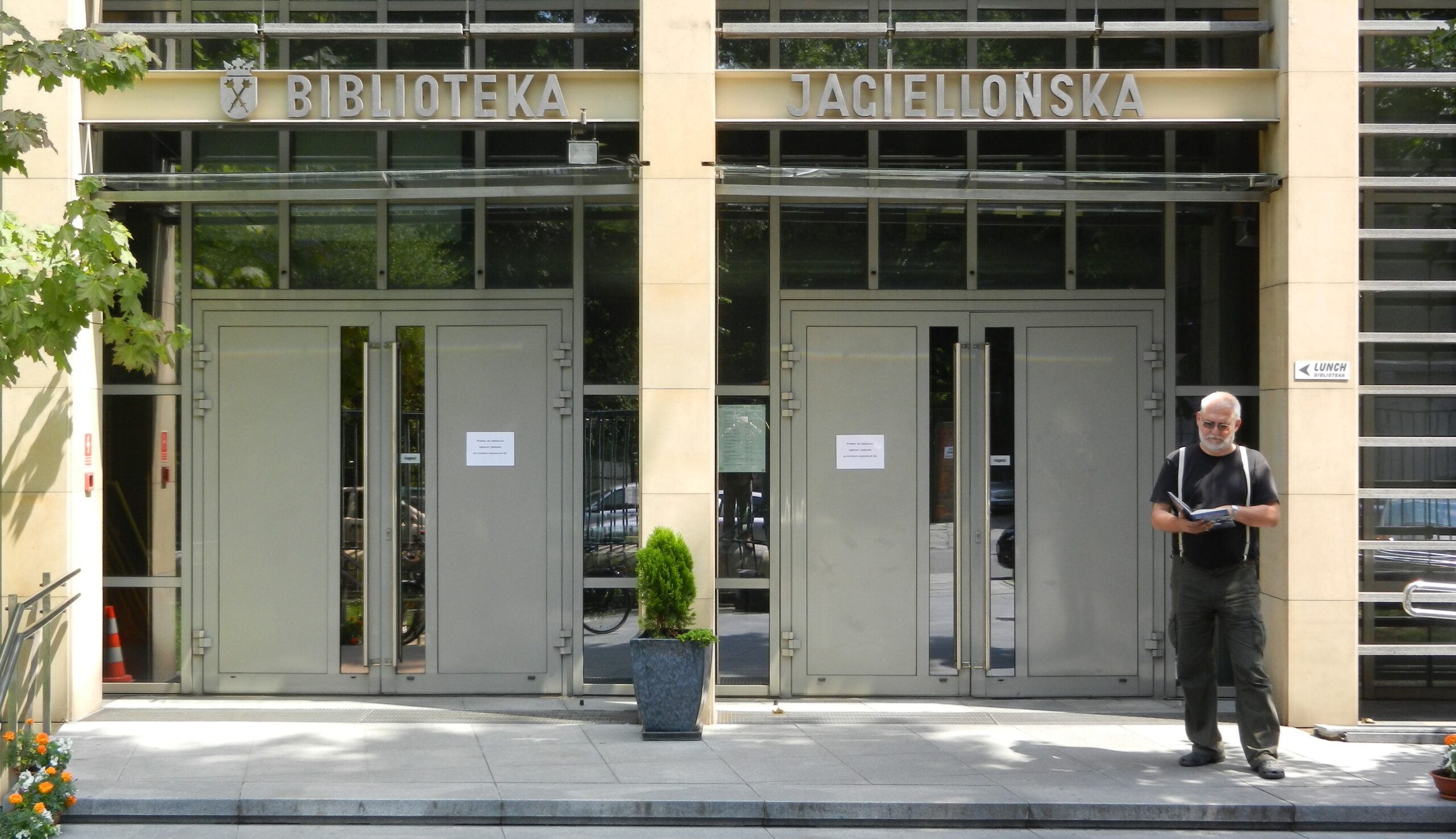Polish academics angered by changes in assessment system favouring theological journals

New changes introduced by the education ministry mean that articles published in Polish academic journals devoted to theology are now valued as highly as those in leading international titles such as Science, Nature and The Lancet.
The decision has been criticised by many Polish academics, whose professional development is dictated to a large extent by the number of points assigned to journals they publish in. Those assessments also influence the amount of funding their universities receive.
Za publikację w „Studiach z Prawa Wyznaniowego” tyle co za publikację w „Nature”. Ministerstwo nauki „bez żadnego trybu” dosypało punktów czasopismom. Głównie teologicznym, ale nie tylko @a_leszczynski #czarnek #czasopismahttps://t.co/VmeVCX6GdQ
— OKO.press (@oko_press) July 20, 2023
According to the new scoring list published last week by the education ministry, academics now receive the maximum possible 200 points for articles appearing in Person and the Challenges: The Journal of Theology, Education, Canon Law and Social Studies Inspired by Pope John Paul II.
Among other journals added to the top points bracket are Rocznik Teologii Katolickiej (The Annual of Catholic Theology) and Studia z Prawa Wyznaniowego (Studies in Law on Religion), published by the Catholic University of Lublin (KUL).
The education minister, Przemysław Czarnek, is himself a professor at KUL. He has been an outspoken voice in national-conservative Law and Justice (PiS) government, calling for Christianity to play a stronger role in the education system.
Christian teaching is needed to „save Latin civilisation in Europe and the world”, says Poland’s education minister.
He warns that Christianity is “under attack”, with Poland the only country in Europe where it “has not raised the white flag” https://t.co/u0I3dv2a1N
— Notes from Poland 🇵🇱 (@notesfrompoland) June 9, 2021
The latest changes to the scoring list drew widespread commentary – including much criticism and mockery – from Poland’s academic community
“These 200 points will determine your employment, your scholarship…whether you will get a promotion,” said Krzysztof Maj, an assistant professor at AGH University of Science & Technology in Kraków.
“You will work your…ass off to get published by Science, while some knucklehead from a Milk-Drinking College in Radom publishes in such a [ministry-chosen] journal and gets the same number [of points],” he added, saying that the system, rather than objectively assessing scientific output, is designed to “camouflage incompetence”.
“Perhaps every scientific journal in Poland should supply itself with the adjective “theological?” joked Wojciech Śmieja, a literature studies scholar at the University of Silesia.
“We would have Metal and Theological Review, the Archaeological and Theological Yearbook, Miscellanea Mathematica et Teologica, Theological and Soil Science Notes,” he suggested.
Many also noted that Przegląd Sejmowy, a journal published by the chancellery of the Sejm, the lower house of parliament, has now also been awarded maximum points. Its editorial positions is filled with PiS appointees, reports news website OKO.press.
Słuchajcie, musiałem, z European Journal of Science and Theology (200 pkt w nowym wykazie), volume 1, czwarty numer. Zapraszam wszystkich fizykow kwantowych do duchowej podróży. Artykuł ma 3 strony, także łapcie akapit po akapicie. pic.twitter.com/F8oNXcIXtJ
— Piotr Szymański (@niedakh) July 18, 2023
The education ministry’s list of points awarded to academic journals is intended to help evaluate the output of researchers and their institutions without having to assess every single publication.
The current system, introduced by Czarnek’s predecessor Jarosław Gowin in 2018, was initially based upon quantifiable measures known as “impact indicators”, such as the number of times a journal’s articles are cited elsewhere. Journals were valued at 20, 40, 70, 100, 140 or 200 points on that basis.
However, even under Gowin, the ministry started to make adjustments to the list, with critics suggesting this was being done for political and ideological reasons.
Once again the Ministry of Higher Education has decided to revalue the evaluation points for certain journals. This revaluation will have retrospective force, thus applying to the current evaluation cycle, which determines – among other things – budget transfers. https://t.co/KqlCIVUzlz
— Ben Stanley (@BDStanley) December 2, 2021
Such changes made by Czarnek in 2021 – including raising the scores of journals in which he had himself published – were condemned by the body that represents Polish university rectors. “The elimination of the criteria of scientific quality leads to international marginalisation and isolation of Polish scholarship,” they wrote.
The Committee of Legal Sciences of the Polish Academy of Sciences, meanwhile, called the changes “unlawful”, “arbitrary” and designed to “favour selected groups”.
The Commission for the Evaluation of Science (KEN), which is supposed to oversee the changes, said that it did not process or recommend 73 journals added to the list and was not consulted regarding the 237 journals that saw an increase in valuation.
The Commission did not respond to questions from Notes from Poland about whether it had approved the latest changes to the list of journals. The education ministry did not respond to questions regarding who approved the changes in the list and what criteria they were based on.
The government has created two new academic disciplines, biblical studies and family studies.
“Both are especially needed in Poland,” says the education minister. „Without family, we won’t exist in 50 years” https://t.co/9mvnRGNgjQ
— Notes from Poland 🇵🇱 (@notesfrompoland) October 20, 2022
“It is amusing to believe that the Polish ministry is capable of competently assessing the value of tens of thousands of scientific journals worldwide,” said Maj, who ultimately rejects the evaluation system.
His remarks echo the San Francisco Declaration on Research Assessment, signed by 23,665 academics and organizations in 162 countries, which calls for the elimination of “journal-based metrics in funding, appointment and promotion” and for research to be “assessed on its own merits rather than the journal in which it is published”.
The creators of the declaration emphasise that metrics such as the impact factor were created not to evaluate the academic output of scholars, but to make it easier for librarians to decide which journals to buy – a need that, in Maj’s view, should no longer exist in the age of digitisation.
Notes from Poland is run by a small editorial team and published by an independent, non-profit foundation that is funded through donations from our readers. We cannot do what we do without your support.
Main image credit: Cedro/Wikimedia Commons (under public domain)

Alicja Ptak is senior editor at Notes from Poland and a multimedia journalist. She previously worked for Reuters.






